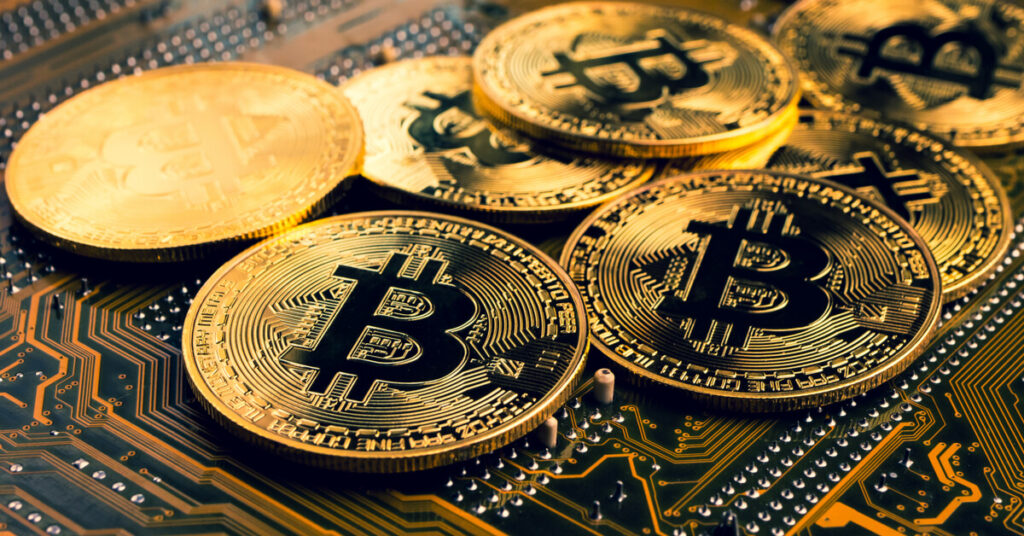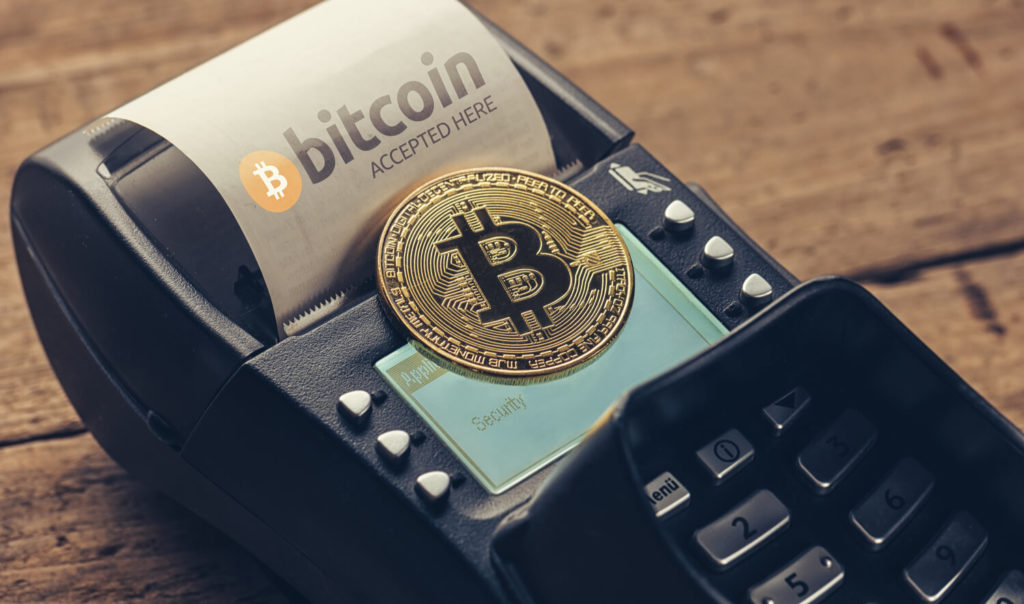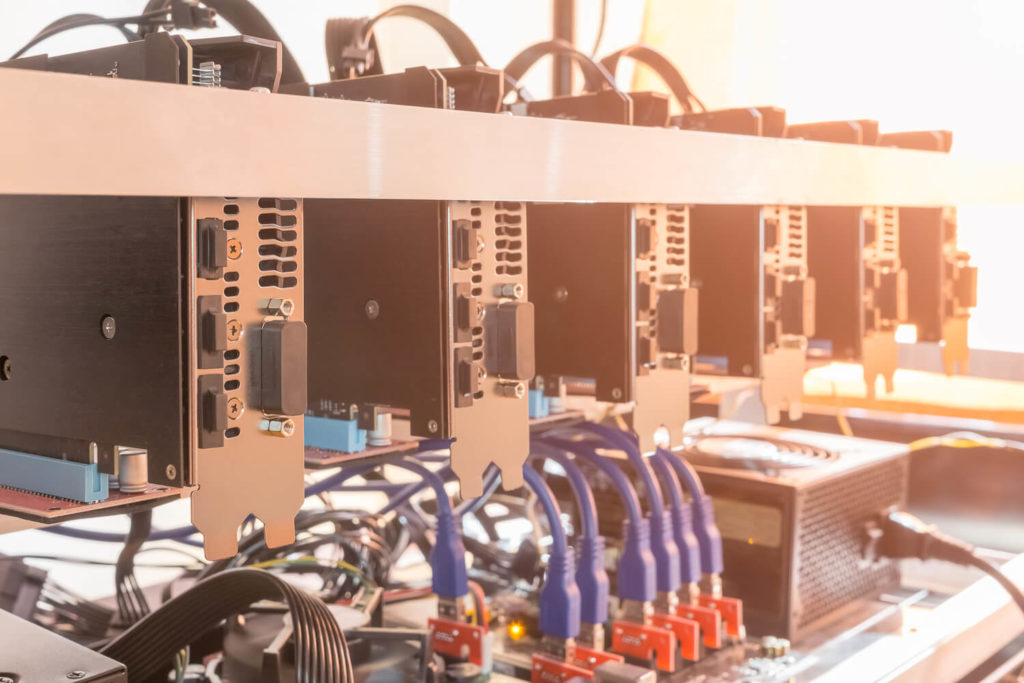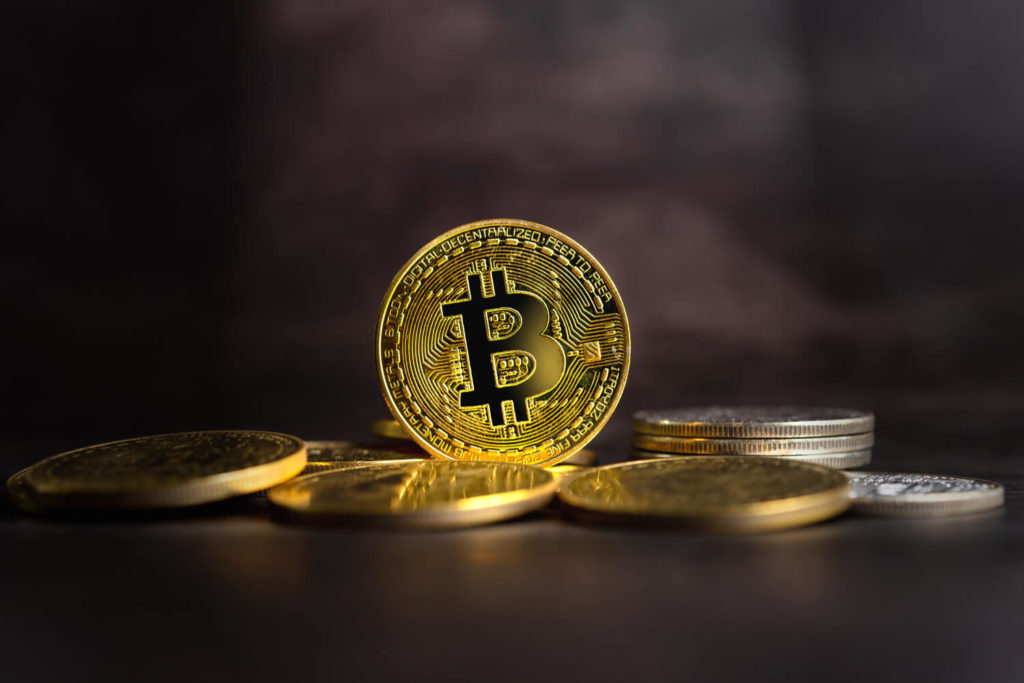
Everything You Need to Know About Bitcoin
Whether you’re a cryptocurrency enthusiast or you’re just entering the market, you’ve most likely heard of Bitcoin. But where did it come from and should you buy it? Our guide to Bitcoin breaks down everything you need to know.
Bitcoin has maintained its position as the most well-known and established cryptocurrency since its invention in 2008. But with close to 6,000 other crypto assets on the market, is there still a case for investing in Bitcoin?
We’ll explore everything you need to know about the world’s first cryptocurrency, from its origins to how it actually works, to help you make that decision.
What is Bitcoin?
Bitcoin (or BTC) is the world’s oldest cryptocurrency. In simple terms, cryptocurrency is a digital alternative to cash. Unlike traditional payment methods that require an intermediary company such as American Express or PayPal to facilitate payments, cryptocurrency works by allowing transactions to be carried out directly between users through a peer-to-peer computer network called a blockchain. The transactions are secured and verified using encryption which removes the need for a trusted third party such as a bank or government.
When was Bitcoin created?
Bitcoin was created by the pseudonymous programmer Satoshi Nakamoto in 2008, in response to the global financial crisis of 2008. The founder of Bitcoin is yet to be identified which has led some to believe that Satoshi Nakamoto is in fact a group of programmers. The origins of the cryptocurrency market have been traced back to Nakamoto’s 2008 paper titled “Bitcoin: A Peer-to-Peer Electronic Cash System” which introduced the concept of blockchain technology and of course Bitcoin as an “electronic payment system based on cryptographic proof” that would remove the need for third-party intermediaries.
On the heels of the catastrophic financial crash which resulted in a housing market collapse, mass unemployment, and global economies failing, Bitcoin laid the groundwork for a decentralized digital financial system that wouldn’t rely on the traditional banks and governments.

How does Bitcoin work?
At its simplest, Bitcoin works by allowing one user to send Bitcoin from one digital wallet to another. Your wallet can be thought of like an email address – when another person has the address, they can send you Bitcoin. A wallet is simply a combination of a private key and a public key. Through the power of cryptography, this keeps your coins secure and controlled only by you.
The Bitcoin network relies on a protocol called blockchain which was first outlined in Nakamoto’s 2008 paper. The blockchain is a shared ledger that records every Bitcoin transaction in chronological order and is publicly available for anyone to see. The blockchain is made of blocks and each of them stores information on transactions, such as the buyer and seller’s wallet address and transaction value, but no personal information (such as name or age) is included. What makes Bitcoin so secure is that for a transaction to be included on the blockchain, it has to be verified by the network. This is done through a process called proof of work.
Bitcoin mining and the creation of new Bitcoin

Proof-of-work (PoW) is essentially a complex mathematical computation. Miners from all over the world compete to come up with the computation that matches the conditions automatically outlined by the Bitcoin network. This “work” to create a new block is called hashing. When a miner comes up with the winning hash, a new block is created and the miner is rewarded with a batch of Bitcoin. This happens every 10 minutes and then a new computation is created by the network.
As the process of guessing the winning hash is a complex and time-consuming one, Bitcoin miners use expensive specialist computers which continuously produce hashes in an attempt to earn Bitcoin. The Bitcoin network isn’t owned by a single entity so miners are simply individuals from all over the world who own these computers.
Advantages of Bitcoin
- Private and secure transactions: You transact in Bitcoin using a pseudonymous wallet, which is just a string of letters and numbers. You don’t need to show your credit history or any verification to create one so your transactions don’t show any of your personal information, such as your name or date of birth. This reduces the risk of identity theft.
- A deflationary investment asset: Arguably the biggest advantage of Bitcoin is its potential as a lucrative financial asset. By design, Bitcoin is deflationary because its supply is capped at 21 million bitcoin. Its limited supply is expected to be the driving factor behind its future rise in value.
- International payments: Bitcoin is a borderless digital currency. As long as you and the other party both have a Bitcoin wallet, you can transact digital currency with anyone from anywhere. This is cheaper and faster than using traditional banks and payment services, particularly for large transactions. Bitcoin miner fees are flat, so no matter if you’re sending a dollar or a million dollars, the transaction fee remains the same.
- A network controlled by the users: Unlike the legacy banks and government systems we’re used to, Bitcoin is a peer-to-peer network that’s controlled by its users. For this reason, some consider Bitcoin to be a hedge against system failure such as a financial crash because it doesn’t rely on the actions of big banks and corporations. And for those that don’t want to participate in the traditional financial system, using Bitcoin to make payments and buy goods is a viable alternative.
- Widespread acceptance: Bitcoin has held its position as the number one cryptocurrency by market capitalization for a number of years and because it was the first cryptocurrency, it’s been widely accepted by investors and institutions alike. From an investment perspective, this makes it a less risky asset to hold compared to newer digital coins.
Disadvantages of Bitcoin
- Lack of regulatory oversight: Although having freedom from the control of big banks and governments is advantageous if something does go wrong, there’s no entity that you can call if you find yourself the victim of fraud, for example. This means you must be very careful to secure your crypto safely.
- Irreversible transactions: Bitcoin transactions can’t be amended, reversed or deleted from the ledger in the same way that card transactions can in your account. If you unintentionally make a mistake it’s impossible to undo.
- Energy usage: The mining process is a complex one and the biggest critique of Bitcoin is that it requires too much energy to create. The criticisms of the PoW system is one of the reasons why Tesla famously U-turned on their decision to accept Bitcoin payments. If this is a concern to you, you may wish to think about buying a currency that uses Proof of Stake, a system that uses over 99% less energy..
- High fees: Paying in Bitcoin is an easy but sometimes costly choice for small transactions. Transaction costs depend on how congested the network is. As a result, the fees may be higher than other cryptocurrencies when you’re making a payment. This issue can be addressed by using the Lightning Network to reduce your fees to almost nothing while making a payment.
- Limited use (though it’s increasing): While it’s the most recognized cryptocurrency, Bitcoin isn’t accepted everywhere yet so you’ll likely have trouble making payments locally, especially in physical shops. That said, big names such as Microsoft and AT&T now accept Bitcoin payments and El-Salvador recently approved Bitcoin as legal tender. The number of other countries and companies considering joining them is rapidly increasing.
Should I buy Bitcoin?

Bitcoin is a great choice if you’re looking to invest in cryptocurrency or find another means of payment. Although no asset is guaranteed to be worthwhile, it’s the oldest and most popular cryptocurrency and has gained widespread acceptance since it was first introduced 12 years ago. Bitcoin paved the way for an entirely new financial system that’s gaining momentum and has given birth to entire new sectors such as DeFi and NFTs, so it’s in a good position if the cryptocurrency market continues to grow.
That said, it’s always worth considering whether the risks and disadvantages associated with Bitcoin are within your risk tolerance. Never invest more than you can afford to lose, and as always, this guide is for information purposes only and doesn’t constitute financial advice.
To stay up to date on all things crypto, like Xcoins on Facebook, follow us on Twitter, Instagram, LinkedIn, and sign up at the bottom of the page to subscribe.

